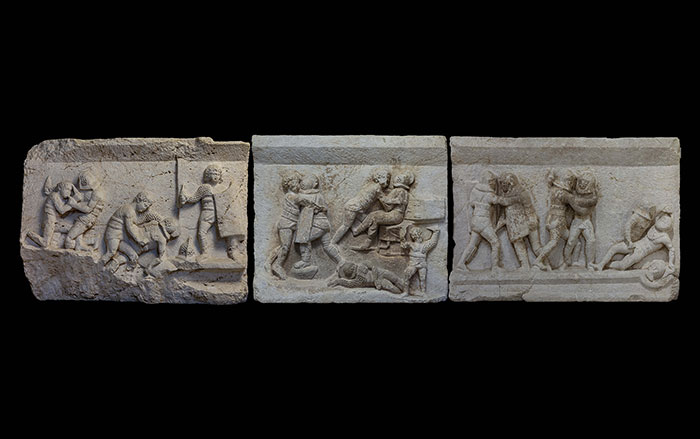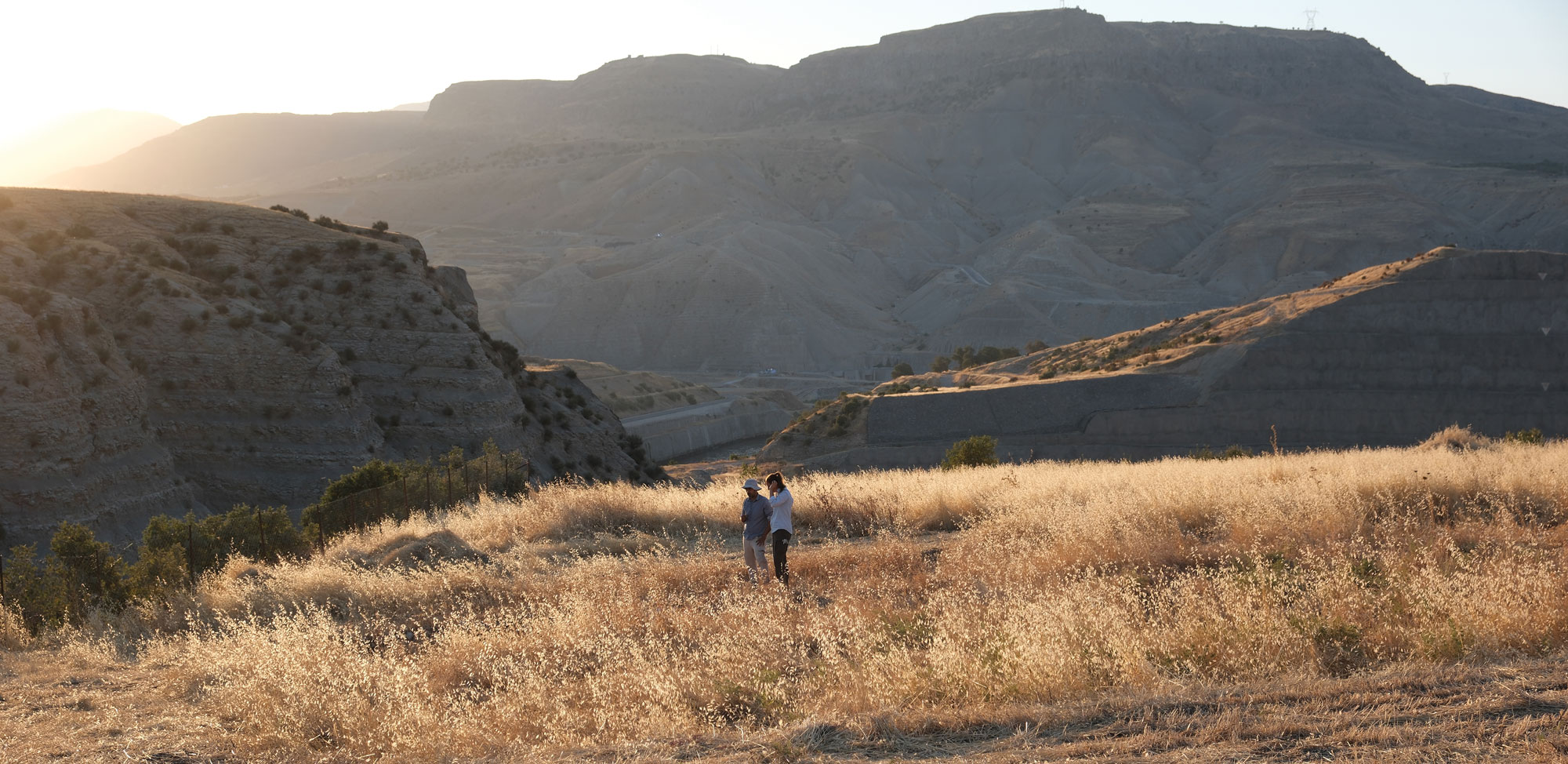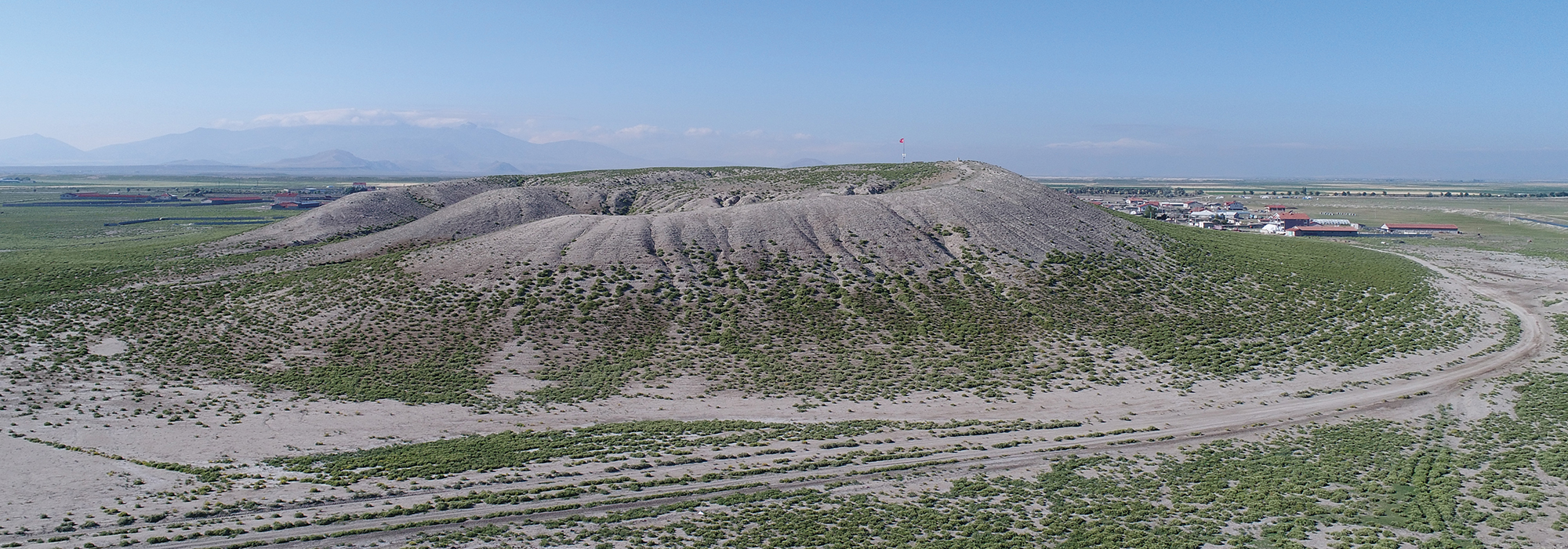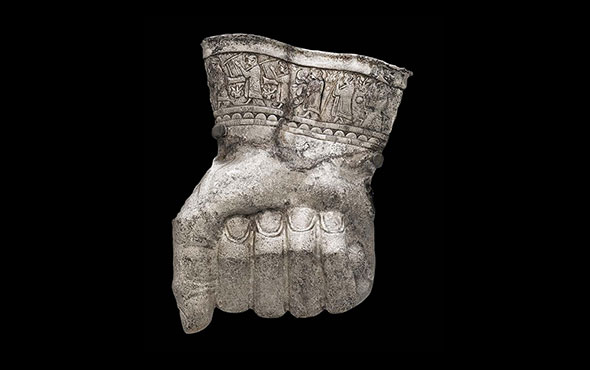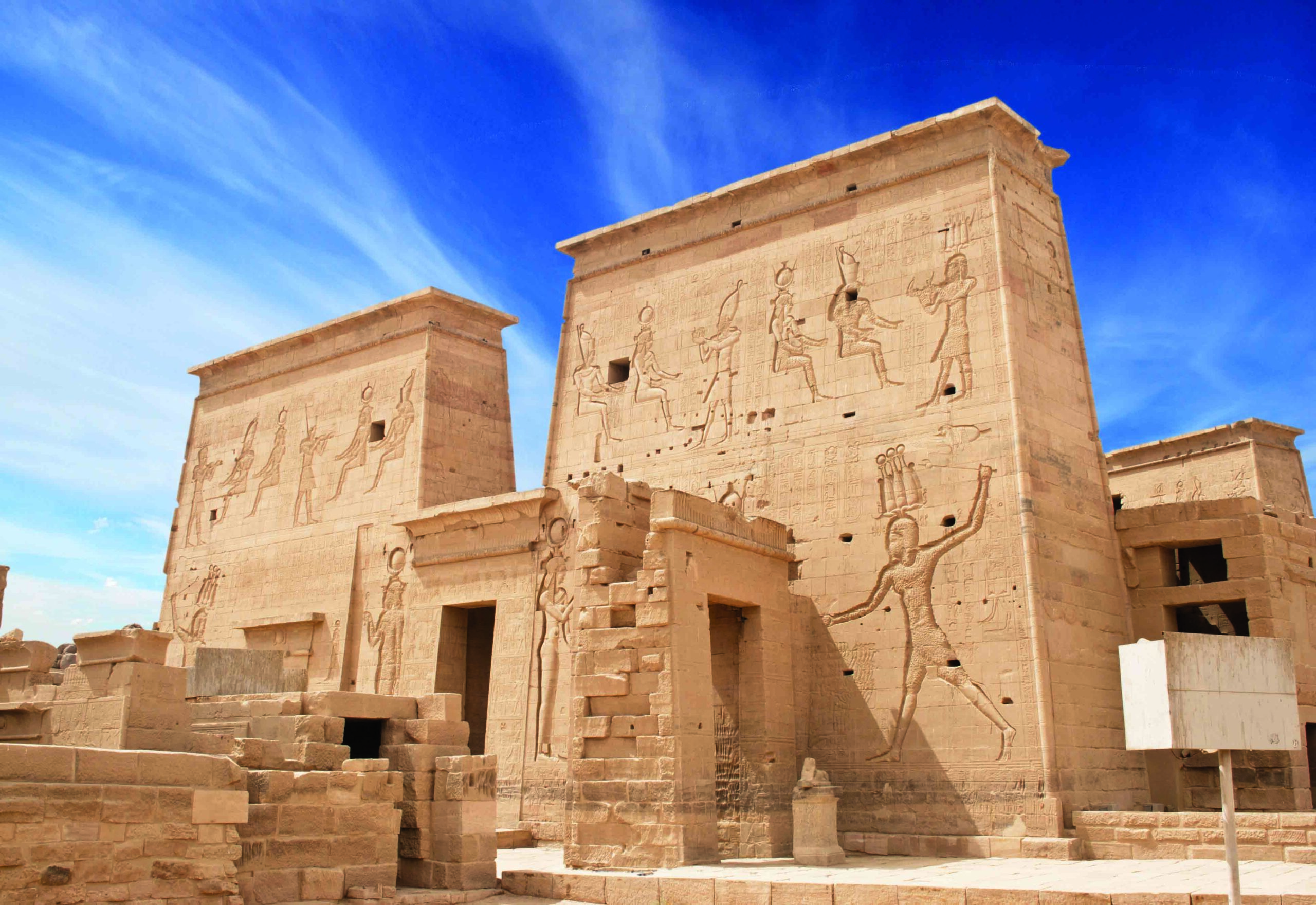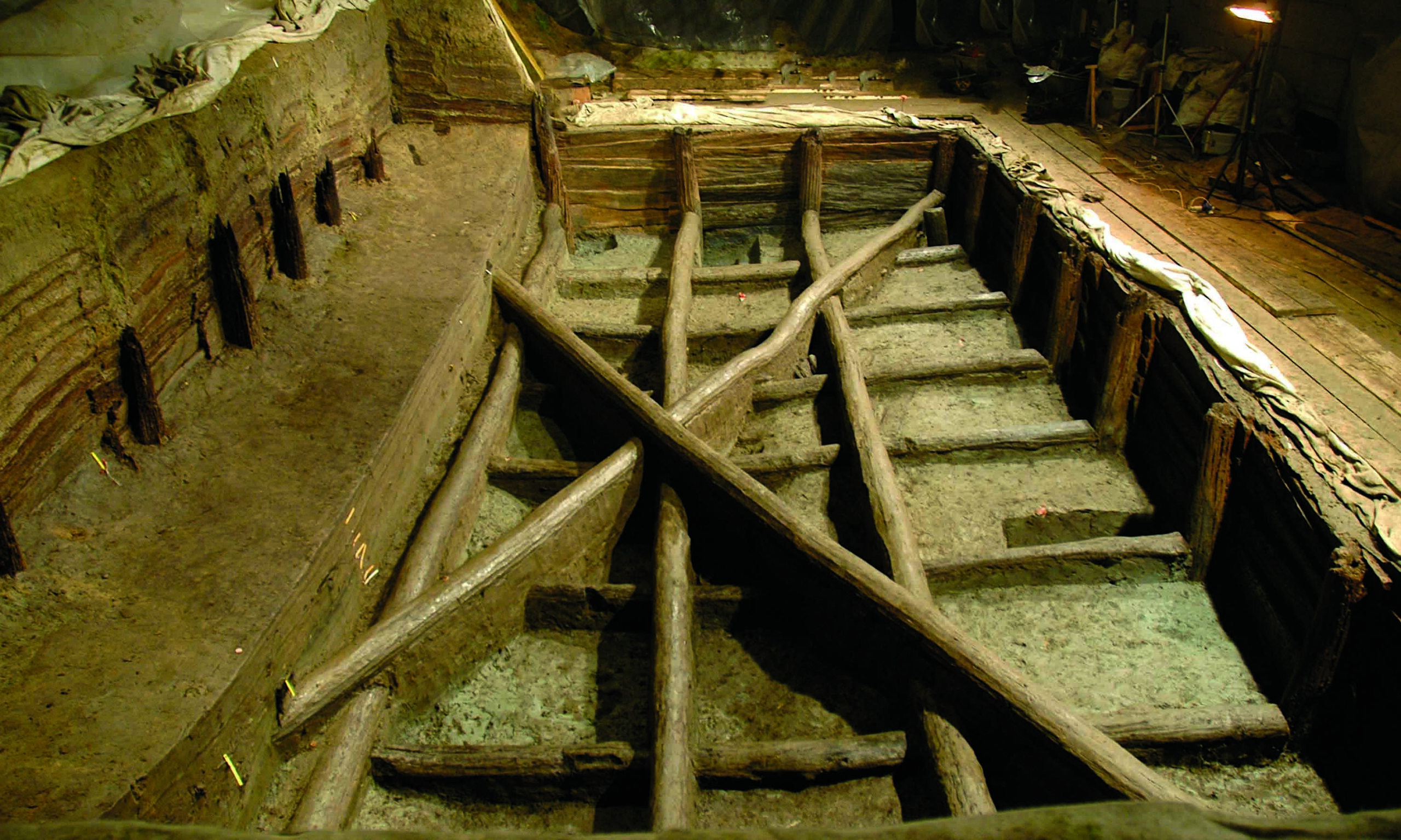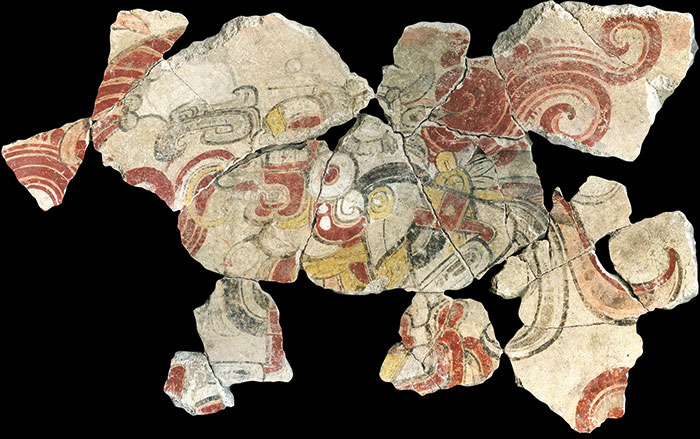
DIYARBAKIR, TURKEY—Hürriyet Daily News reports that a 1,600-year-old flute made from a small cattle bone and a bronze ring with a key has been uncovered in southeastern Turkey, at the site of Zerzevan Castle, a structure first built in the fourth century A.D. as a military base on an ancient trade route in the Eastern Roman Empire. The castle site includes a temple of Mithras, 1,300 yards of walls standing up to 16 feet tall, a watchtower, an administration building, traces of dwellings, warehouses for grain and weapons, tombs, cisterns, and water channels. Aytaç Coşkun of Dicle University said the presence of the flute in the fort suggests its inhabitants had an interest in art and music. “The ring with key, which was used to open a chest keeping very special items, is also dated to the fourth and fifth centuries A.D.,” Coşkun added. For more on Roman-era Turkey, go to "Kaleidoscopic Walls."


